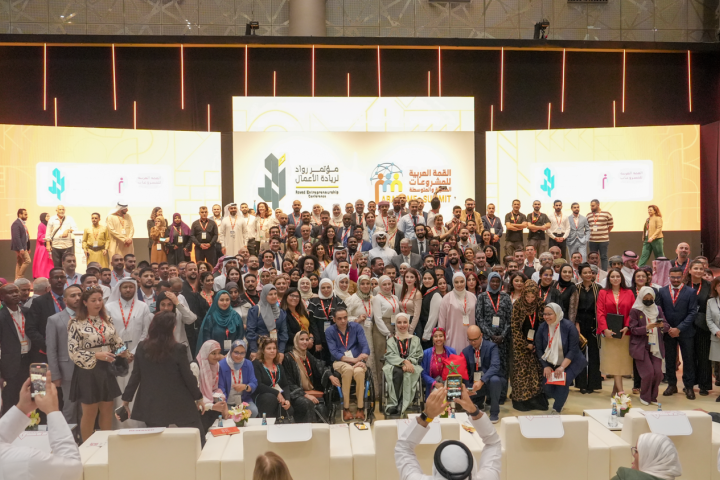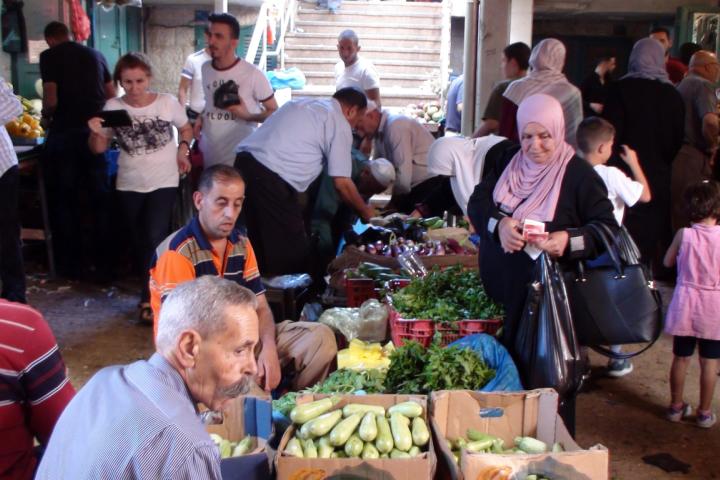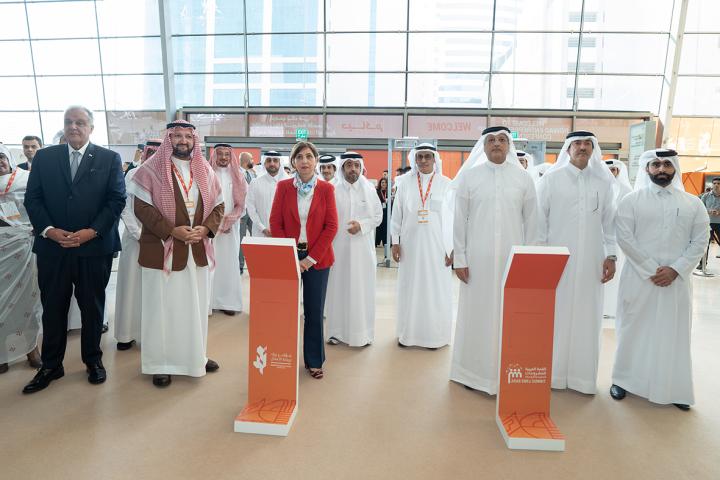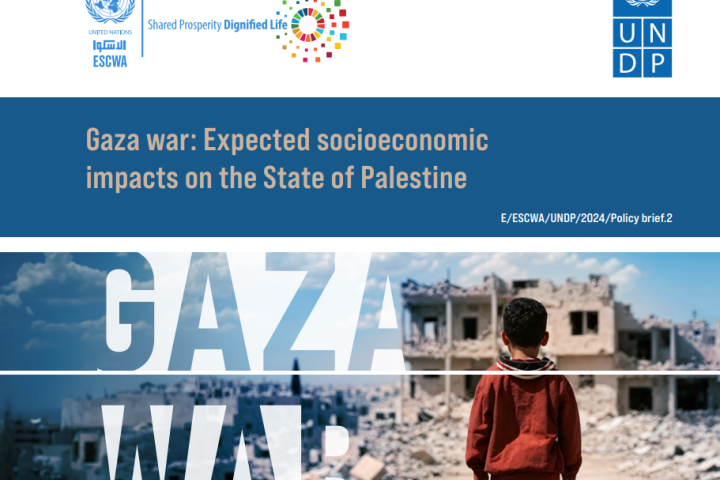Press release
19 Nov 2013
Bangkok-Beirut
Global Trade Facilitation Conference 18-19 November 2013
UN Regional Commissions join forces for global trade facilitation and paperless trade



